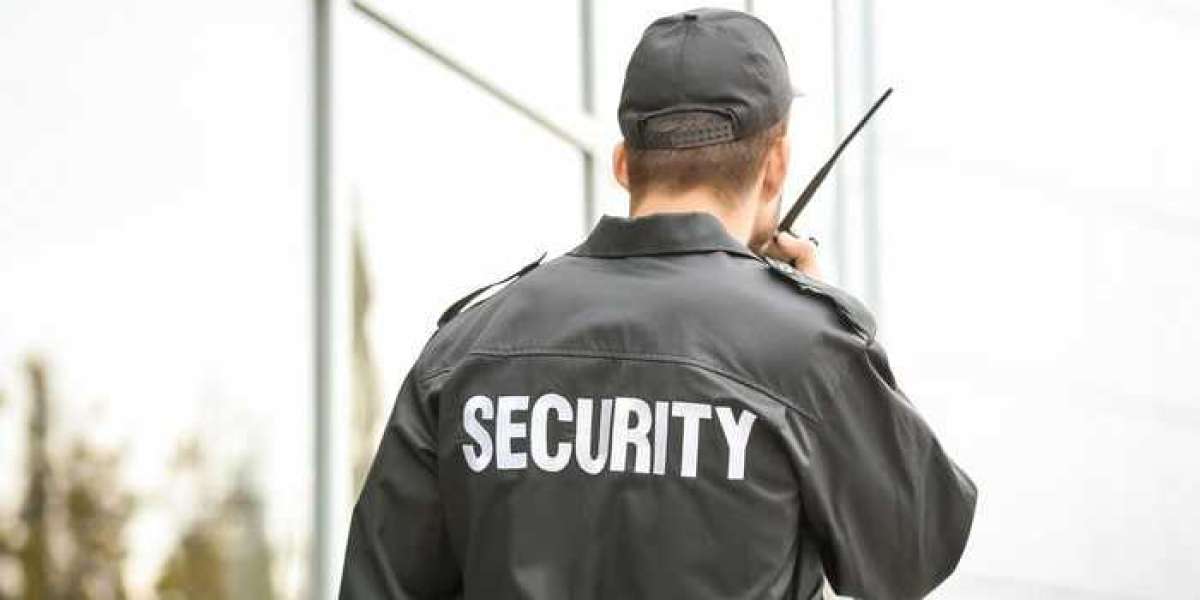The hospitality industry, especially hotels, is an environment where guest comfort, safety, and security must be prioritized at all times. While providing an exceptional guest experience is key to success, hotels must also be prepared for the unforeseen—emergencies, security threats, or crises that can arise unexpectedly. Effective crisis management and robust security protocols are not only vital for protecting guests and staff but also for ensuring the hotel’s continued operation and reputation. This article explores the importance of crisis management and security in hotel operations, providing insights into how hotels can prepare for and navigate potential crises effectively.
The Significance of Crisis Management in Hotels:
Crisis management refers to a hotel’s ability to prepare for, respond to, and recover from unexpected events that could disrupt its operations, threaten guest safety, or damage the property. Crises in the hotel industry can range from natural disasters, such as fires, floods, and earthquakes, to human-caused events like terrorist attacks, medical emergencies, and security breaches. Each of these events can jeopardize not only the physical safety of guests and staff but also the financial stability and reputation of the hotel.
An effective crisis management plan allows hotels to act quickly and decisively when faced with an emergency. By anticipating potential crises and developing protocols for different scenarios, hotels can minimize damage, restore normal operations quickly, and ensure the well-being of everyone involved.
Key Elements of Crisis Management for Hotels:
Risk Assessment and Preparedness Planning A thorough risk assessment is the first step in crisis hotels management. Hotels should identify potential threats—whether environmental, technological, or human-related—and assess their impact. For example, the location of the hotel might expose it to natural disasters like hurricanes or earthquakes, while high-profile events or political instability could present security threats. A comprehensive crisis preparedness plan outlines the specific actions the hotel will take for each scenario, as well as the roles and responsibilities of staff members during a crisis.
Training and Simulation Drills Crisis management training is crucial for hotel staff at all levels. Employees should be equipped with the knowledge and skills to handle emergencies effectively. This includes training on evacuation procedures, first-aid and CPR, emergency communication protocols, and dealing with distressed or panicked guests. Regular simulation drills for various crises—such as fire evacuations or active shooter situations—ensure that staff members know their roles and can act calmly under pressure.
Communication Protocols Clear and efficient communication during a crisis is essential for minimizing confusion and coordinating actions. A well-structured communication plan ensures that all staff members are informed of the situation and can relay updates to guests and other stakeholders. The plan should include methods of internal communication (such as two-way radios, messaging systems, or mobile alerts), as well as how to communicate with local authorities, emergency services, and guests. In addition, hotels should have templates for external communication, such as press releases, that can be rapidly deployed in the event of a public crisis.
Guest Safety and Evacuation Plans Guest safety should always be the highest priority. Hotels should ensure that there are clearly marked evacuation routes, emergency exits, and signage in all guest rooms and common areas. Evacuation plans should be designed to account for different guest needs, such as those with disabilities or young children. Hotels should also establish procedures for assisting guests who may be incapacitated or unfamiliar with the evacuation process.
Business Continuity While responding to a crisis, hotels must also focus on business continuity. This involves maintaining essential operations such as guest services, reservations, and financial transactions even in the face of a crisis. A backup system for critical hotel operations, such as power, internet, and communication infrastructure, is essential for ensuring that the business can continue running smoothly during and after an emergency. Hotels should also have strategies in place to protect valuable data, including guest information, and prevent cybersecurity threats during a crisis.
The Role of Security in Hotel Operations:
Security is an integral component of crisis management in hotel operations. Hotels are responsible for safeguarding both their guests and employees from various types of security threats. Security threats can range from petty theft to violent incidents, terrorism, or cybercrime, and they can occur both within the hotel property and in its surrounding areas.
Key Aspects of Hotel Security:
Physical Security Measures The physical security of a hotel is the first line of defense against potential threats. This includes surveillance cameras, security personnel, and access control systems. Hotels should have security staff stationed at key entry points, and public spaces should be monitored by CCTV cameras to deter and detect criminal activity. Additionally, restricting access to guest floors and rooms with keycard entry systems adds an extra layer of protection.
Staff Training and Awareness Just as hotel staff need to be trained in crisis management, they should also be trained in security procedures. This includes recognizing suspicious activity, handling conflicts or disturbances, and knowing how to react in the event of a security breach, such as an active shooter or a hotel room break-in. Security training should also extend to cybersecurity threats, with employees learning to spot phishing scams, secure guest data, and protect the hotel’s digital infrastructure.
Emergency Security Protocols Hotels should have specific security protocols in place for different types of incidents, such as intruder alerts, medical emergencies, or bomb threats. These protocols should be part of the broader crisis management plan and must include a coordinated response between security staff, law enforcement, and emergency services. For example, in the event of an active shooter situation, the hotel must have clear guidelines for lockdown procedures and immediate evacuation.
Guest Communication on Security While hotel security systems are designed to protect guests, it’s equally important to communicate safety protocols clearly to guests. This can include informing guests about emergency exits, evacuation routes, and what to do in the event of an emergency. Additionally, hotels should provide clear instructions on reporting any suspicious behavior or incidents to the security team.
Cybersecurity As the digital landscape continues to evolve, cybersecurity has become a growing concern for hotels. Data breaches or cyber-attacks can compromise sensitive guest information, such as credit card details or personal identification. Hotels must implement strong cybersecurity measures to protect their digital systems and train staff on how to avoid cyber threats, including protecting guest data from hackers, malware, and phishing attacks.
The Role of Technology in Crisis Management and Security:
Technology plays a significant role in enhancing both crisis management and security in hotel operations. From monitoring systems and access control to communication tools and disaster recovery, technological solutions help hotels prepare for and respond to emergencies more efficiently.
Advanced Surveillance Systems Modern surveillance systems enable real-time monitoring of hotel premises, allowing security personnel to quickly detect and respond to suspicious activities. With integrated facial recognition and AI-based anomaly detection, these systems can enhance the accuracy and speed of threat identification.
Emergency Notification Systems Advanced notification systems allow hotels to communicate with guests and staff during a crisis quickly. Mass notification systems can send out alerts to mobile devices, informing people about evacuation procedures, safety protocols, or updates on an ongoing crisis.
Crisis Management Software Crisis management software can help hotel managers track ongoing situations, communicate with key personnel, and document actions taken during a crisis. This software can streamline communication, decision-making, and the overall crisis response process, ensuring that the hotel operates efficiently even in times of emergency.
Final Thought:
Crisis management and security are critical components of successful hotel operations. By prioritizing both guest safety and business continuity, hotels can ensure that they are prepared for any crisis or emergency. A well-thought-out crisis management plan, combined with robust security protocols and advanced technology, helps minimize the impact of unexpected events and protects the hotel's reputation. With thorough training, clear communication, and proactive security measures in place, hotels can navigate crises with confidence, maintaining guest trust and ensuring their long-term success in an ever-evolving hospitality landscape.

